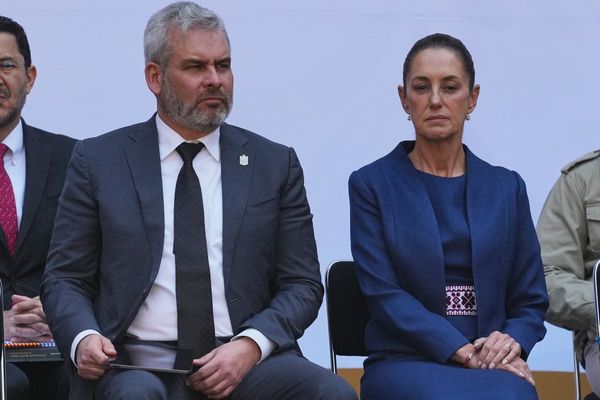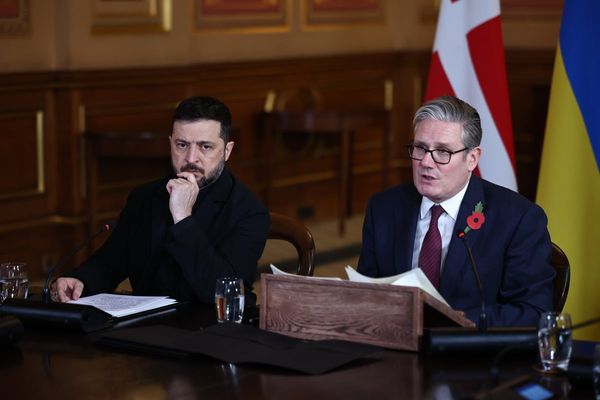Narendra Modi has confirmed that India’s military actions against Pakistan have only been "paused", following an escalation of hostilities last week.
The pause came after both sides launched missile strikes and drone attacks on each other’s key military facilities, but the Indian prime minister made it clear that this was not the end of India’s offensive stance.
In his first national address since the missile strikes on 7 May, which followed the deadly attack in Pahalgam in Jammu and Kashmir, on 22 April, Mr Modi expressed that India’s resolve to combat terrorism remains firm.
He underlined that the temporary ceasefire, brokered with the help of international diplomatic efforts, was due to Pakistan’s urgent plea for de-escalation, and that India would closely monitor Pakistan's actions moving forward.
“We have set a new normal,” he declared, reiterating that India’s counter-terrorism operations, embodied in Operation Sindoor, are a clear message to Pakistan. He stressed that the operation is not just about striking terrorist hideouts but ensuring that those who sponsor terrorism face consequences.
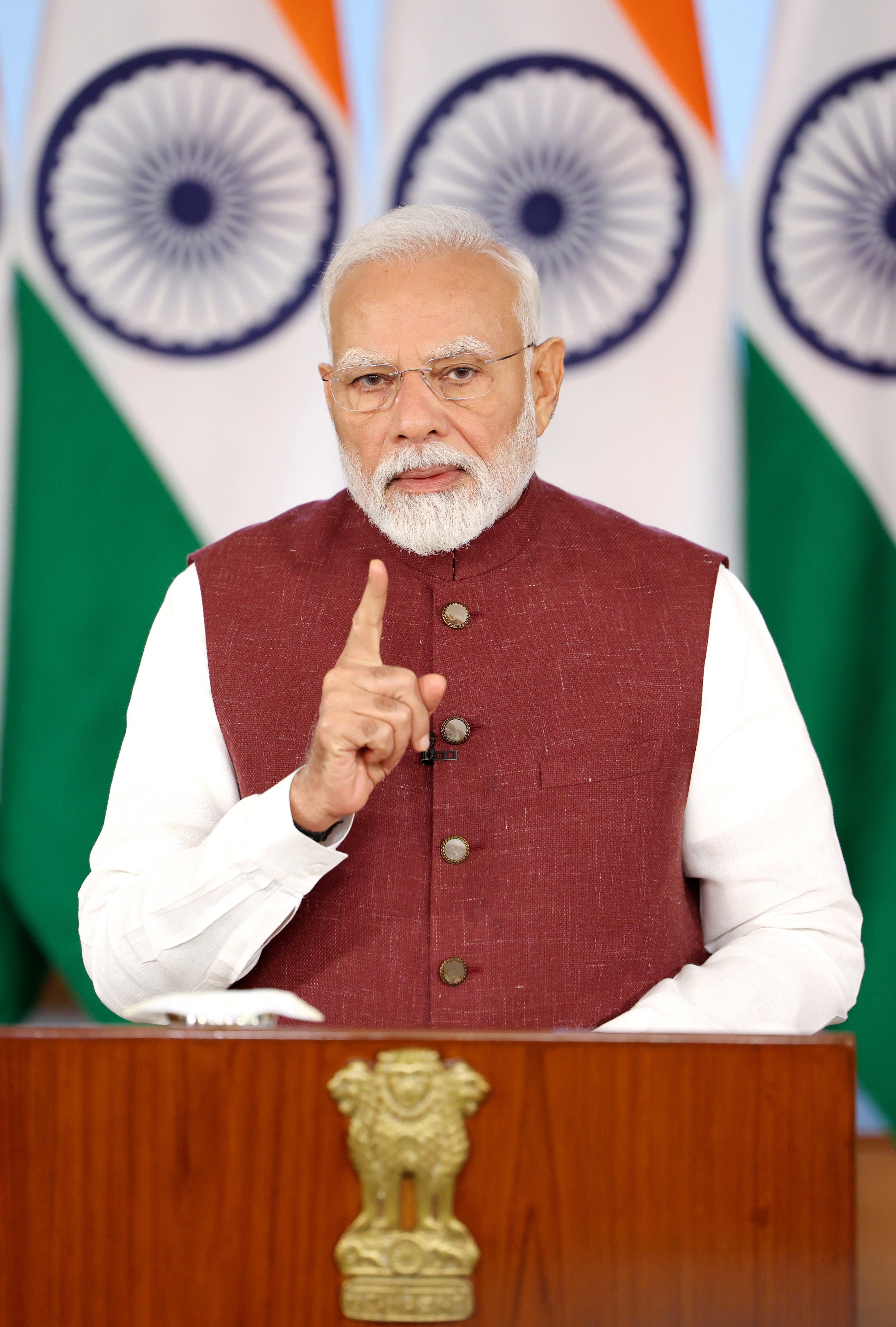
Operation Sindoor was launched after the attack in Pahalgam, which claimed the lives of 26 civilians. Many of the people killed – all but one tourists – were targeted in front of their families and children based on their religion.
Mr Modi expressed personal anguish over the assault, describing it as an attempt to disrupt India's unity and social harmony. “This was an extremely gruesome face of terror, and it shook not only the nation but the world," he said.
In the aftermath of the Pahalgam attack, India gave its military full operational freedom to eliminate the terrorists responsible for planning and executing such acts.
The resulting military actions included a series of air and missile strikes on terrorist camps in Pakistan, particularly in the regions of Bahawalpur and Muridke – locations known for their historical association with global terror activities. These sites, according to Mr Modi, had long served as training grounds for terrorists linked to major international attacks, including 9/11 and the 2005 London tube bombings.
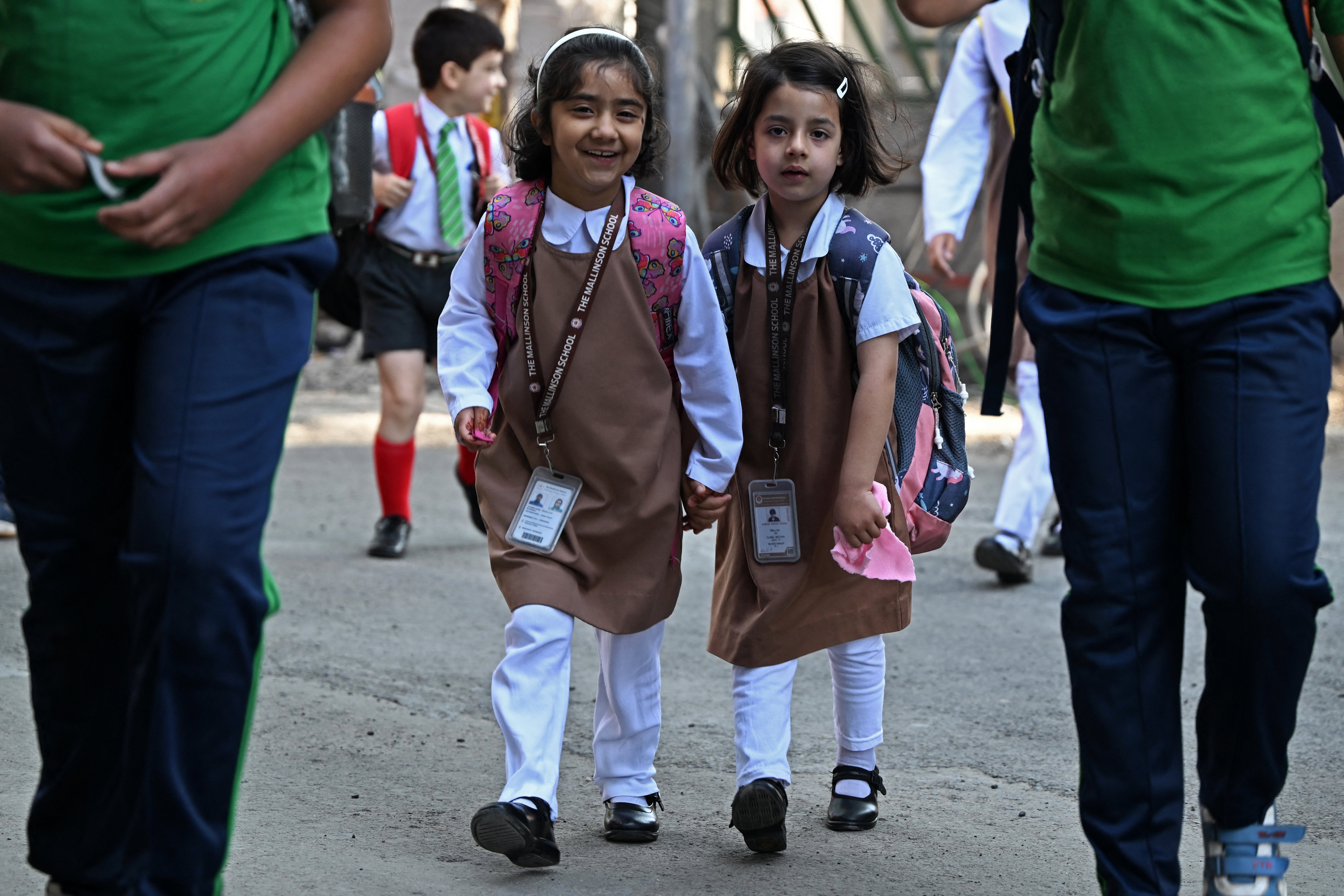
“Major terror attacks across the world have had links to these very bases,” Mr Modi remarked, adding that more than 100 terrorists had been killed in India’s strikes. “The terrorists never imagined India would take such bold action,” he said, describing how India’s missiles and drones dismantled Pakistan’s terror infrastructure and shattered the morale of its terrorist factions.
Pakistan's Army said on Tuesday 11 armed forces and 40 civilians were killed in a military clash with India.
The escalation led to a tense military confrontation, with both sides exchanging missile fire and engaging in drone strikes. Pakistan, after suffering significant damage to its military infrastructure, called for a ceasefire on 10 May, but Mr Modi said India made it clear that this is not an end to the offensive. “We have only paused our activities,” Mr Modi emphasised. “In the coming days, we will continue to assess Pakistan’s every move.”
While Pakistani officials claimed that the ceasefire was negotiated with the intervention of US officials, including secretary of state Mike Pompeo, Mr Modi did not acknowledge the role of international actors in bringing about the truce. Instead, he maintained that Pakistan made the first move, appealing to the global community for de-escalation after its military infrastructure was severely damaged by Indian strikes.
Mr Modi also reiterated India’s stance on future talks with Pakistan, stating that any discussions would be strictly confined to terrorism and the disputed region of Pakistan-occupied Kashmir (PoK). He emphasised that India will not tolerate any form of nuclear blackmail and will not differentiate between the Pakistani state and the terrorist groups it allegedly supports.
"Terror and talks cannot go together, terror and trade cannot go hand in hand," Mr Modi asserted. "Water and blood cannot flow together." He went on to warn that Pakistan’s continued sponsorship of terrorism could lead to its eventual downfall. "If Pakistan wants to survive, it must dismantle its terror infrastructure,” he said.
The Indian prime minister also expressed pride in his country’s military capabilities, particularly in the context of India’s domestically developed defence systems. “The world now recognises that the time for Made-in-India defence equipment in 21st-century warfare has arrived,” Mr Modi declared. He noted that India’s air defences had successfully intercepted Pakistani drone and missile attacks, with Pakistani missiles and drones being “blown away in front of our strong air defence systems.”
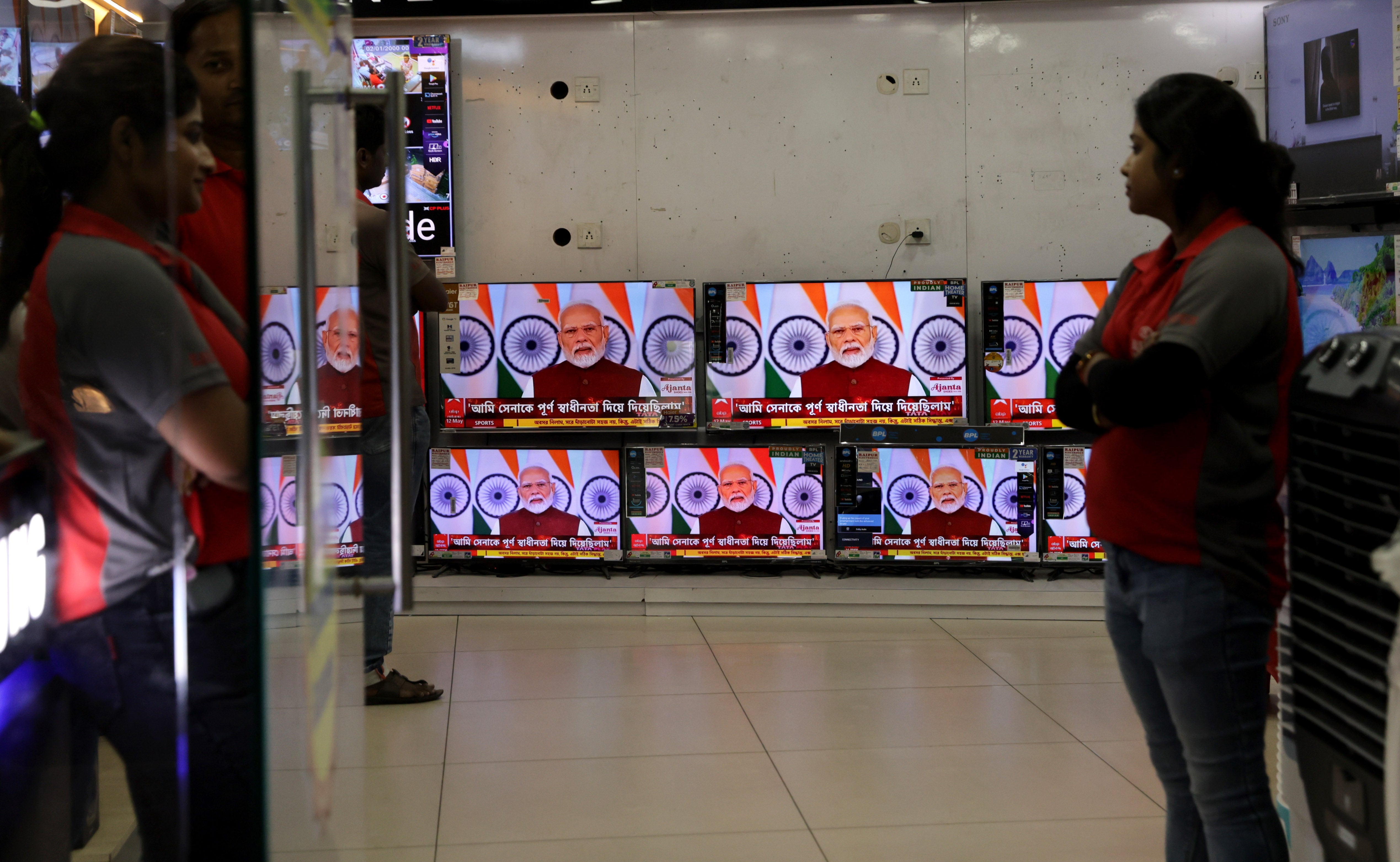
Mr Modi’s address to the nation also came on the occasion of Buddha Purnima, a day commemorating the birth, enlightenment, and death of Lord Buddha. Drawing a parallel between the teachings of Buddha and India’s approach to international relations, Mr Modi said, “The path of peace also follows from the path of strength”. He called on the world to recognise India’s position that its strength is fundamental to its pursuit of peace, adding that the country’s unity against terrorism would serve as a powerful example.
As of now, the fragile ceasefire appears to be holding, and the situation along the Line of Control (LoC), the disputed border between Indian and Pakistani-administered Kashmir, has remained relatively calm. Both sides have reportedly agreed to scale back troop deployments in the region, while India has reopened its airports in northern regions that had been closed due to the conflict.
In the aftermath of the ceasefire, tens of thousands of people evacuated from border areas have begun returning to their homes, while Indian authorities have sent teams to clear unexploded ordnance left by the shelling.
Despite this, the underlying tension remains. Mr Modi’s speech underscored India’s firm stance on combating terrorism, a position that has drawn global attention in light of the ongoing tensions with Pakistan. “We have defeated Pakistan every time on the battlefield, and this time Operation Sindoor has added a new dimension,” he concluded, saluting the courage and unity of the Indian people and armed forces.


